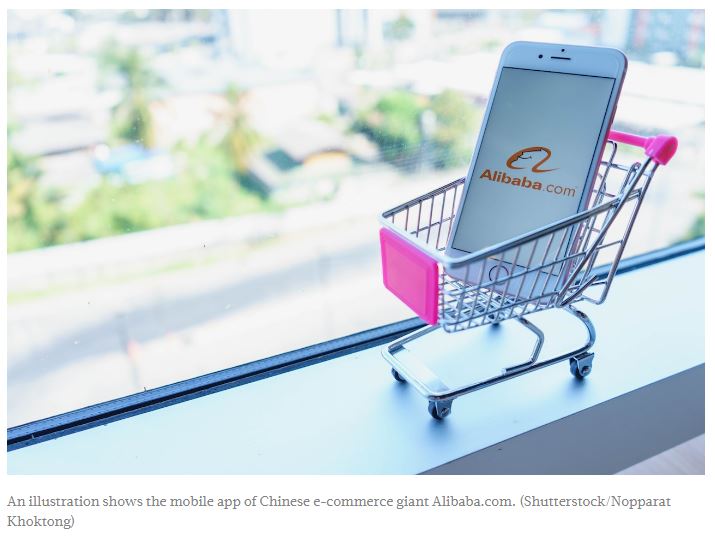Alibaba.com aims to onboard 5,000 Indonesian SMEs by 2025
Chinese e-commerce giant Alibaba.com is targeting to onboard 5,000 Indonesian merchants to its platform by 2025, a five-fold increase from its current roster of Indonesian merchants. The new merchants will also be able to sell their goods to the marketplace’s more than 14 million active customers in more than 190 countries.
For the Indonesian market, the company is planning to help businesses go online and go global, as well as increasing trade capabilities, said Victoria Chen, the director of Alibaba’s Global Gold Supplier premium membership program.
“The overall Alibaba standpoint is in attracting more buyers. We are recruiting new sellers with the help of local partners, such as the government and associations,” Chen said on Wednesday at a webinar hosted by state-owned Bank Rakyat Indonesia (BRI).
The COVID-19 pandemic has prompted a shift to digital platforms among consumers around the world, including Indonesian consumers.
A May 2020 study by internet advertising company Criteo found that 49 percent of Indonesian users had downloaded at least one shopping app, while management consulting company Redseer revealed that the number of Indonesian online shoppers jumped to 85 million during the outbreak from a pre-pandemic figure of 75 million.
Chen added that the company had launched the Alibaba Learning Center, which offered online workshops and training courses for sellers to learn about how to manage their stores, export their products, use keywords and other aspects of e-commerce to help small and medium enterprises (SMEs).
The company also offers a free 90-day onboarding service that provides step-by-step guidance for SMEs to set up their online storefronts with ease. Merchants can also use Alibaba’s analytics and marketing tools to leverage their online sales.
“Going online is challenging and complex. So we work with local partners and create incubation programs to develop a deeper relationship with sellers to better understand their pain points,” Chen said.
The government has been encouraging Indonesian SMEs to export their goods, especially food and beverage products, to increase their incomes and contribute to economic recovery.
Statistics Indonesia (BPS) recorded a 3.29 percent year-on-year (yoy) decline in Indonesian exports to US$14.39 billion in October, although the figure represented a 3.09 percent month-to-month (mtm) increase from September.
Public policy head Waizly Darwin of Singaporean e-commerce company Lazada also acknowledged that SMEs might lack knowledge and access to the global market.
“Indonesia has great potential to export its local products, that is why we need to use this momentum to collaborate with the government to create a kind of national export hub or a platform that curates export-ready products,” he said.
Waizly said that an export hub would help SMEs focus on product quality as e-commerce platforms and the government helped with the export side, such as finding a suitable market, logistics and distribution and export permits.
He also stressed that Indonesian SMEs needed to have “a go global mindset”, meaning that they should think about the appetite of global markets instead of focusing on local demand.
“Having capital alone is not going to help SMEs go global. Whether SMEs are going online or going global, they need to have the right mindset,” he said.
Source: https://www.thejakartapost.com/news/2020/12/11/alibaba-com-aims-to-onboard-5000-indonesian-smes-by-2025.html


 English
English




